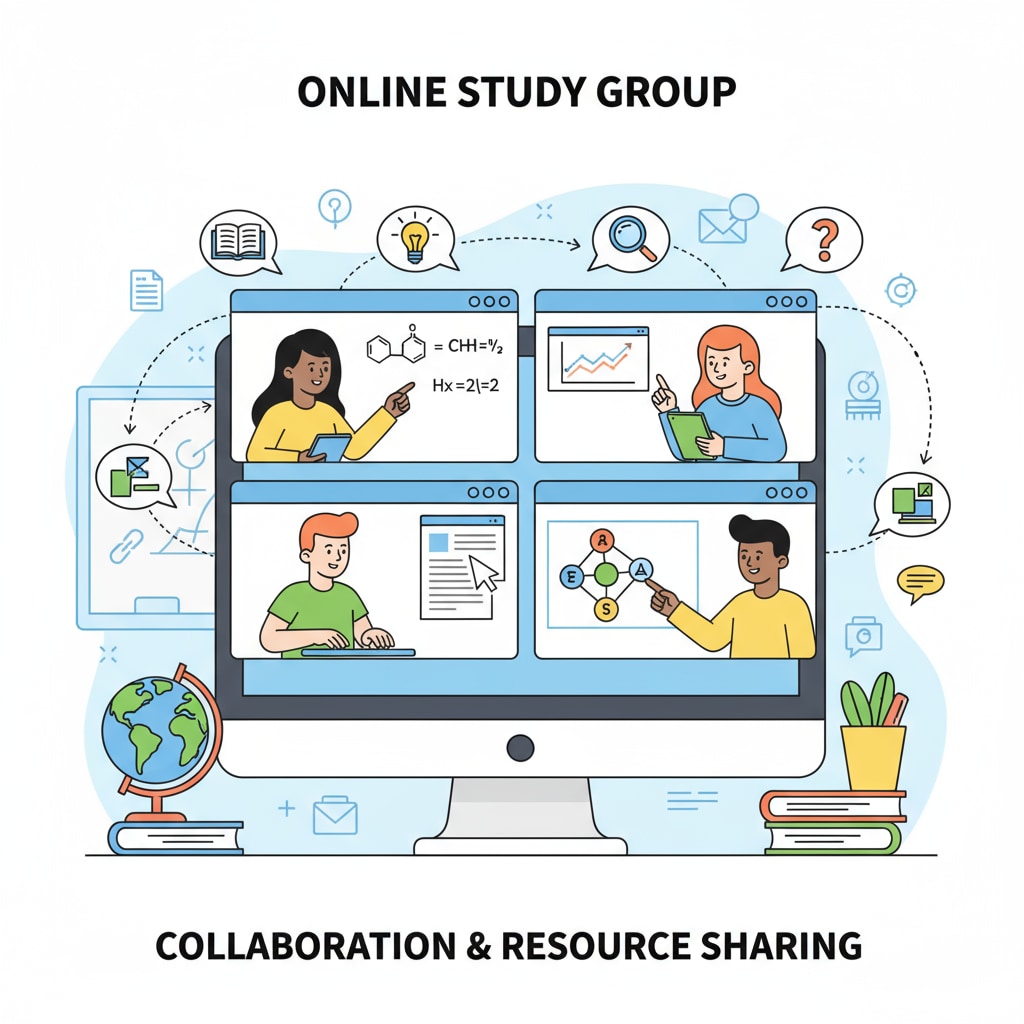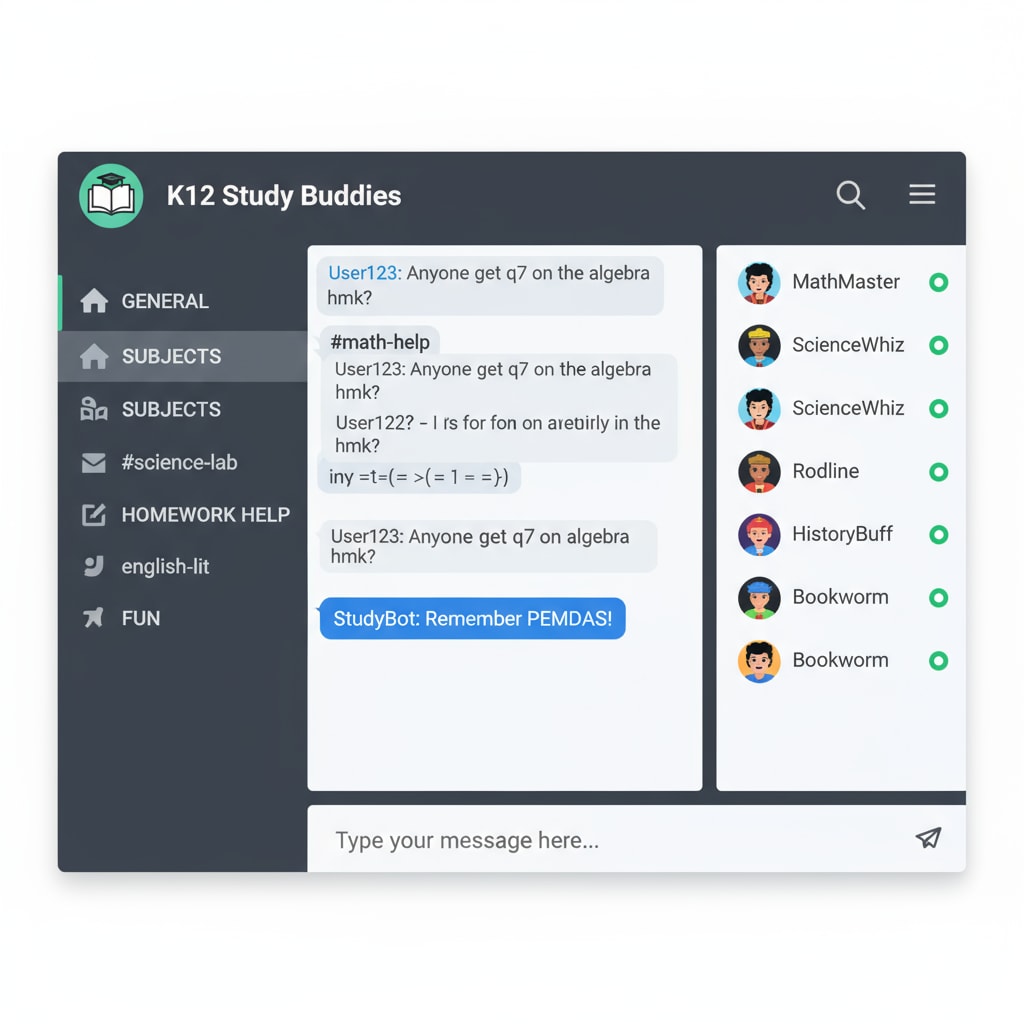In the age of digital learning, study groups, Discord, and WhatsApp have emerged as invaluable assets for K12 students. These online platforms serve as more than just communication tools; they are vibrant ecosystems where knowledge is shared, problems are solved, and mutual support thrives. Let’s delve into how these resources can be harnessed to boost K12 learning.
The Power of Study Groups in K12 Learning
Study groups have long been recognized as effective learning tools. In the digital realm, they take on a new dimension. Members can come together from different locations, sharing diverse perspectives. For example, students can discuss difficult concepts, quiz each other, and collaborate on projects. This interaction promotes deeper understanding and helps students identify areas where they need further improvement. Benefits of Study Groups on Education.com

Discord: A Hub for K12 Learners
Discord offers a plethora of features tailored for learning. It has servers dedicated to various subjects, where students can join channels related to their interests. They can communicate in real-time, share study materials, and even host virtual study sessions. Moreover, Discord’s voice chat functionality allows for seamless discussions, making it feel like an in-person study group. Discord Features

In addition to study groups and Discord, WhatsApp also plays a significant role. Its simplicity makes it accessible to a wide range of students. Through WhatsApp groups, students can quickly share notes, ask questions, and provide each other with moral support. It’s a convenient way to stay connected and keep the learning momentum going.
Readability guidance: As we’ve seen, study groups, Discord, and WhatsApp offer unique opportunities for K12 students. By leveraging these platforms effectively, students can enhance their learning experience, gain new insights, and build strong connections with their peers. These online communities truly are the bridges that connect learners in the digital age.


